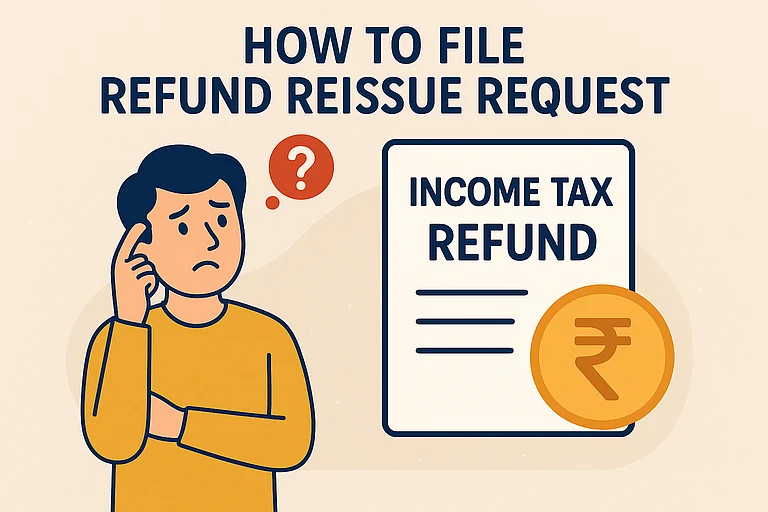As tax season is in full swing with taxpayers juggling their Form 16s, TDS entries, deductions and exemptions under various sections of the Income Tax Act, there is one state that remains unaffected by this annual scramble. For Sikkim, the small northeastern state nestled in the Himalayas, income tax filing is not an issue at all.
Many residents of this state do not have to file income tax, not because they are non-compliant, but because they are simply not required to.
Sikkim is the only state in India where eligible native residents are legally exempt from paying any income tax. Meaning, whether they earn Rs 7 lakh or Rs 50 crore, the taxman will not come knocking.
Why Sikkim Pays Zero Income Tax
The reason for this tax-free status is rooted in a unique constitutional and legal framework that accords it this status. When Sikkim became an official state of India on 16 May, 1975, a set of conditions were put in place to protect its distinctive identity, administrative structure, and legal systems. One of the was the continuation of its own tax regime.
To accommodate this, Article 371(F) was added to the Indian Constitution, and years later, Section 10(26AAA) was inserted into the Income Tax Act, 1961. Together, both the constitutional and income tax law, shield Sikkim’s native residents from income tax liability on income earned within the state.This is not a policy grant or a temporary relief, rather a legal entitlement for people of this state.
Who Qualifies for the Exemption?
While the state enjoys a ‘tax-free’ status, not everyone living in Sikkim gets the tax break. It applies only to individuals who:
Were recognised as “Sikkim Subjects” before April 26, 1975, under the Sikkim Subjects Regulation, 1961, or
Hold a Sikkim Subject Certificate, or
Are direct descendants of such individuals
In other words, the benefit is based on ancestry and domicile, not residency alone. A newcomer who has lived in Sikkim for decades but doesn’t meet this criterion still falls under the regular Indian tax laws.
What Kind of Income Is Exempt from Taxes?
Section 10(26AAA) of the Income Tax Act 1962, provides a broad sweep of exemptions to Sikkimese Individuals. For qualifying individuals, the following types of income are fully tax-free:
Salaries
Profits from business or profession
Rental income
Dividends and interest on securities
Moreover, there is no income threshold. Whether it is a small shop owner in Gangtok or a Sikkimese entrepreneur earning in crores, the rule is the same, if the income arises in Sikkim and the person qualifies, it’s not taxed.
A Legacy of Legal Continuity
Before 1975, Sikkim was a monarchy governed by the Chogyal dynasty, and it had its own tax code, called the Sikkim Income Tax Manual of 1948. This system was markedly different from present day India. To ensure a smooth transition post-merger, and to avoid economic disruption, the Indian government assured the state’s erstwhile administration that Sikkim’s tax system would remain intact for its native citizens.
This assurance was embedded in law and continues to stand, long after most other merger-related guarantees in India have faded or been amended.
How Is This Different From Other Tax Exemptions?
The tax laws of India do allow for various exemptions and deductions to taxpayers, such as exemptions related to agricultural income, NRE account interest, rebates for salaried individuals, among others. However these are either conditional, partial, or tied to specific income types. Sikkim is the only state where the entire income of qualifying residents is exempt based on their heritage and domicile. Notably this is not a deduction nor a rebate. It qualifies as a full immunity from income tax.
For Sikkimese residents, the benefit of this law is both direct and substantial. For instance the absence of income tax:
Raises their disposable income
Reduces the need for complex tax planning
Encourages savings and local reinvestment
Can This Status Be Revoked?
Since the exemption is rooted in the Constitution of India and is embedded as a formal tax legislation, it cannot be undone by a simple government order or a budget announcement. Any change would likely require a constitutional amendment, which translates into a politically and legally complicated path.
So for now, and for the foreseeable future, Sikkim remains a rare exception: a state where you can legally earn millions and file no income tax returns, so long as your roots trace back to its pre-merger history.














